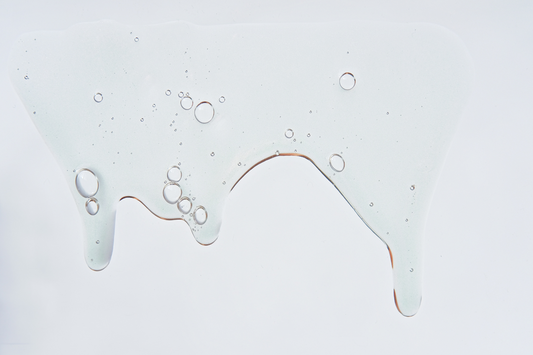Walk into any store or scroll through your feed, and you'll be bombarded with glowing promises about supplements that claim to fix everything. But not all supplements follow the rules. In fact, many are under-dosed, mislabeled, or downright ineffective. Some could even be harmful.
So how do you protect yourself? Here are 10 essential tips to help you spot the real deal and avoid getting scammed.
1. Ugh. “Proprietary Blends” = No Dosage Transparency
That fancy blend might look impressive, but if the label doesn’t tell you how much of each ingredient is inside? Huge red flag. It’s often a way to sprinkle in expensive ingredients at ineffective doses.
Look for full transparency on every ingredient and dosage.
2. Words Like “Clinically Proven” Need Receipts
Unless there’s a cited study and the exact same dose and form was used, those claims are usually meaningless.
Google the study. See if it actually supports the product’s claims and ingredients used.
3. Check the Form of Each Vitamin or Mineral
- Folate ≠ Folic Acid (especially if you have MTHFR)
- Magnesium oxide is poorly absorbed—look for glycinate or citrate
- Cheap B12 (cyanocobalamin) isn’t well used by the body, look for methylcobalamin
Look for bioavailable forms that converts better in your body.
4. Watch for Fillers, Artificial Colors, or Titanium Dioxide
These unnecessary additives are cheap ways to bulk up pills and improve shelf appeal but they add no benefit and may cause irritation or reactions.
The fewer extras on the label, the better.
5. Be Skeptical of Wild Claims (“Cure,” “Instant,” “Miracle”)
If it sounds too good to be true, it probably is. Supplements are not medications and shouldn’t promise to “cure” anything.
Look for realistic, grounded claims and bonus points if they cite real science.
6. Check for Third-Party Testing or Certifications
Anyone can say their product is high quality. But independent testing verifies purity, potency, and that what’s on the label is actually in the bottle.
Look for logos from NSF, USP, or third-party labs.
7. Review the Company’s Return Policy
Scammy supplement brands often avoid offering money-back guarantees. If the brand isn’t confident enough to stand behind their product, that’s a red flag.
Look for a clear, fair return policy.
8. Watch for Underdosed “Hero Ingredients”
Some brands slap trendy ingredients (like ashwagandha, collagen, or adaptogens) on the label, but only include a sprinkle, far below what’s shown to be effective.
Check the clinical dose used in studies and compare it to what’s on the label.
9. Read the Reviews—With a Critical Eye
A wall of perfect 5-star reviews may be fake or filtered. Dig deeper into the 3- and 4-star reviews for a more realistic picture. Look for verified purchases and honest detail.
Be wary of vague, overly glowing praise with no specifics.
10. Follow the Money—Are They Pushing for Sales and Subscription Fast?
Scammy brands love pushing aggressive BOGO sales and autoship plans with no easy way to cancel.
Always read the fine print before subscribing—and test canceling before you commit.
There are amazing supplements out there. They're backed by science, crafted by experts, and made with integrity. But the supplement industry is still largely self-regulated, which means it’s your job to be the informed consumer.
Print this list. Bookmark it. Share it with a friend.
And next time you shop for supplements? Take the 30 extra seconds to read the label like a pro.



